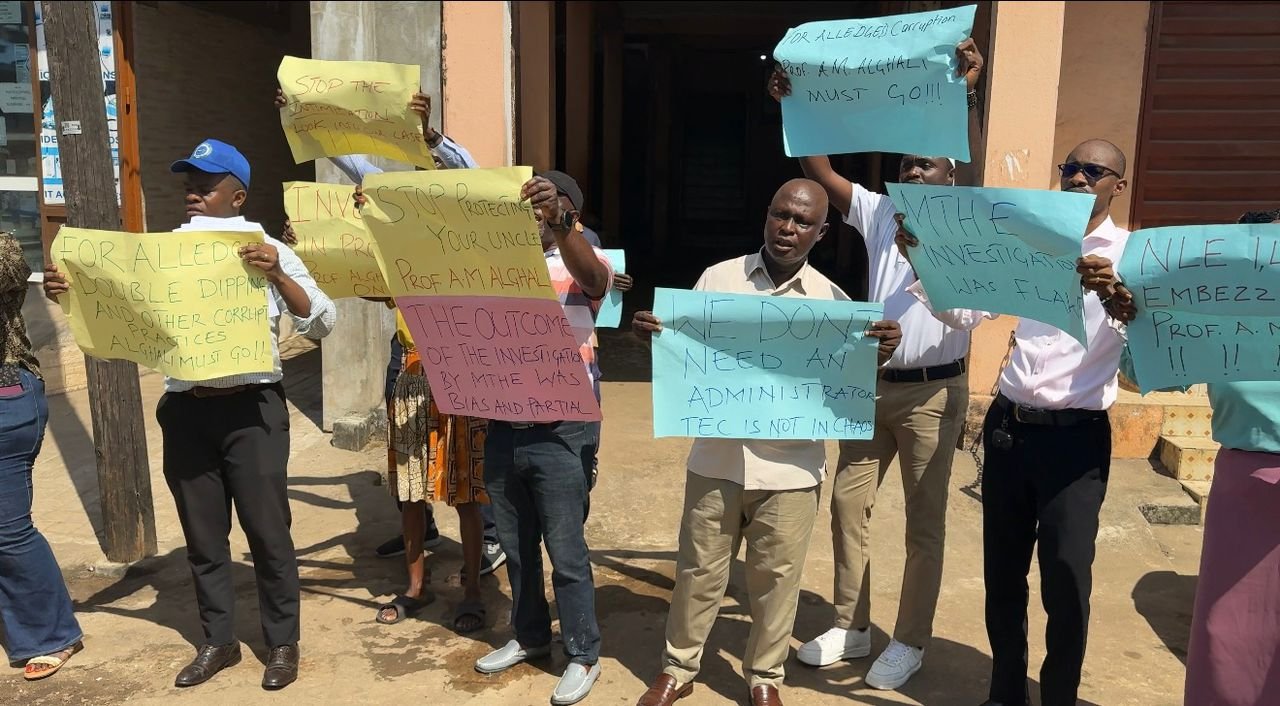

The Parliament of Sierra Leone on Tuesday, 25th November 2025, debated and unanimously ratified a series of financing agreements designed to accelerate national development, strengthen agricultural productivity and expand vital road infrastructure.
The agreements, signed between the Government of Sierra Leone and the Islamic Development Bank (IsDB), alongside other partners cover two major projects: the reconstruction of the Kambia–Tomparie–Kamakwie Road and the Livestock and Livelihoods Development Project. Both initiatives form part of the Government’s broader drive to promote inclusive growth and enhance living standards nationwide.
Parliament approved multiple legal instruments relating to the two projects, including loan agreements, agency agreements, framework agreements and technical assistance grants. These agreements were signed on various dates in 2025 and outline financing modalities and collaborative responsibilities among the Government, IsDB and Probase Manufacturing SDN. BHD.
Presenting the agreements to Parliament, Minister of Finance, Sheku Ahmed Fantamadi Bangura, said the road reconstruction project will significantly improve market access and transportation within the North-Western Region.
“We are also opening roads in other regions,” he stated, stressing Government’s commitment to balanced national development.
On the Livestock and Livelihoods Development Programme, Ahmed Fantamadi Bangura said the project aligns with the Feed Salone Initiative and targets 62,000 households, introducing innovative models to improve livestock productivity. He explained that access to finance provided through the project will be strictly monitored to ensure efficiency and accountability.
During the debate, MPs from across the political divide expressed strong support for the agreements while urging effective implementation.
Chairman of the Parliamentary Finance Committee, Hon. Amara Kai Samba, lauded the Kamakwie Road project as a critical national investment and emphasized the need for increased attention to livestock production to reduce meat imports. He further urged strict diligence to ensure all intended beneficiaries are reached.
Opposition Whip from Kambia District, Hon. Abdul Karim Kamara, described the agreements as beneficial to Sierra Leoneans and called on political leaders to support development efforts irrespective of party lines. He encouraged greater flexibility in assisting farmers under the livestock project.
Deputy Leader of Government Business, Hon. Bashiru Silikie, proposed the inclusion of tollgate provisions for the Kamakwie Road to ensure sustainability. He also stressed the need for awarding contracts to competent and credible contractors, recommending that the Sierra Leone Roads Authority (SLRA) be granted full oversight on contract awarding.
Members of Parliament from various districts, including Hon. Keikura Vandi (Bo), Hon. Mustapha Sellu (Moyamba), Hon. Abubakarr Fofanah (Kenema) and Hon. Musa Fonah (Kono) welcomed the projects, highlighting the challenges farmers face in accessing finance and the transformative potential of the road construction for economic activity and rural connectivity.
Representing Karene District, Hon. Abdul Karim Bangura praised President Julius Maada Bio for fulfilling his commitment to the people of Karene through the road reconstruction effort, noting other development projects ongoing in the district.
Acting Leader of the Opposition, Hon. Daniel Brima Koroma, offered a structural breakdown of the financial arrangements and commended the Minister of Finance for reviving the Kamakwie Road Project, which he noted dates back to 2015. He appealed for the revival of the Musaia Agricultural Livestock Farm in Koinadugu District, reaffirming the opposition’s willingness to support national development initiatives.
In closing the debate, Acting Leader of Government Business, Hon. Emerson Saa Lamina, clarified earlier submissions and outlined the three central pillars of the Government’s socioeconomic development agenda. He emphasized the strategic importance of the road and livestock projects, thanked Parliament for its support and reiterated the inclusion of capacity-building components in the livestock initiative.
He also called for legislation to regulate cattle rearing to minimize conflicts and appealed for the construction of the road linking Kono District to the Guinea border.
Parliament’s approval of the financing agreements marks a major step toward enhancing road connectivity, strengthening agricultural resilience and delivering tangible benefits to tens of thousands of households across Sierra Leone. https://thecalabashnewspaper.com/parliament-approves-agreements-benefiting-62000-households-under-feed-salone-initiative/




















